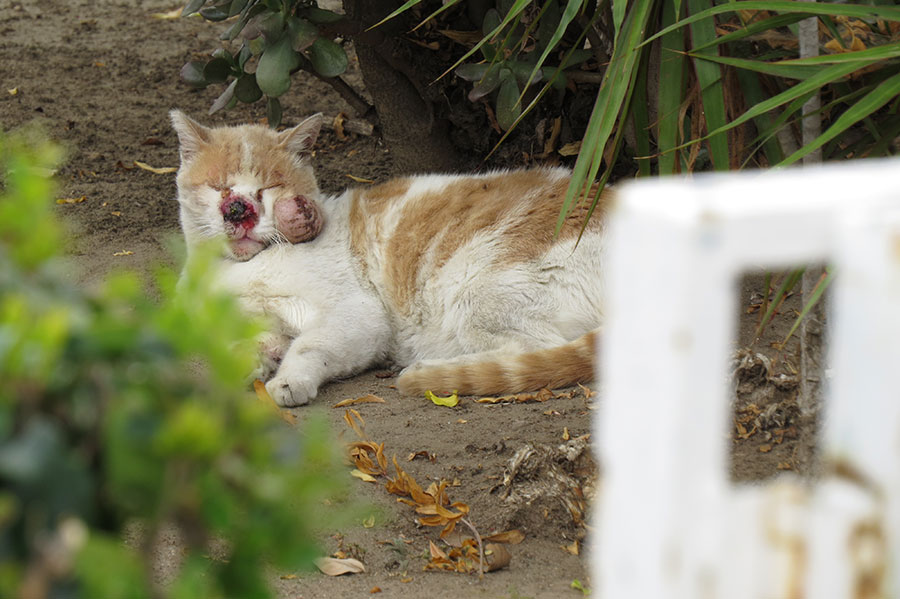Understanding Feral Cats and Their Challenges
Feral cats are domesticated cats that have become wary of humans due to their need to fend for themselves from an early age. They lack the opportunity to socialize and trust people, often being descendants of abandoned, unaltered cats.
It is estimated that the U.S. is home to between 60 and 100 million homeless cats. Despite being domesticated and living on the streets, feral cats still rely on humans for sustenance, shelter, and protection from harm.
Life on the streets is harsh and short for feral cats, with deaths rarely due to old age. They frequently contract contagious diseases such as feline herpes viral conjunctivitis, AIDS, leukemia, and infectious peritonitis. Simple conditions that are easily treatable can become fatal in the absence of veterinary care and regular check-ups.
Minor injuries such as cuts or puncture wounds can escalate into serious infections and abscesses. Upper respiratory infections, if left untreated, can severely impede their ability to see or breathe. Ear mites and related infections cause feral cats excruciating pain and discomfort, often leading to self-inflicted injuries.
Other common threats include blood loss or anemia due to worms, fleas, and untreated injuries. Urinary tract infections, particularly prevalent in male cats, can cause slow and painful deaths if not treated.
Beyond these health hazards, feral cats face cruel human threats. Reports of animal cruelty are alarmingly common, with free-roaming cats being mutilated, shot, drowned, poisoned, beaten, set on fire, used for medical experiments, or as dogfighting “bait.”
Moreover, feral cats pose significant threats to wildlife. According to the American Bird Conservancy, free-roaming cats are responsible for the deaths of millions of birds and small mammals each year, including endangered species. Cats are non-native predators, and their hunting instincts pose significant challenges to local ecosystems, causing significant distress and fatalities among native wildlife.
It is clear that the street is no place for a cat. The Fuzzy Pet Foundation continues to advocate for responsible pet ownership and effective, humane solutions for managing the feral cat population.

